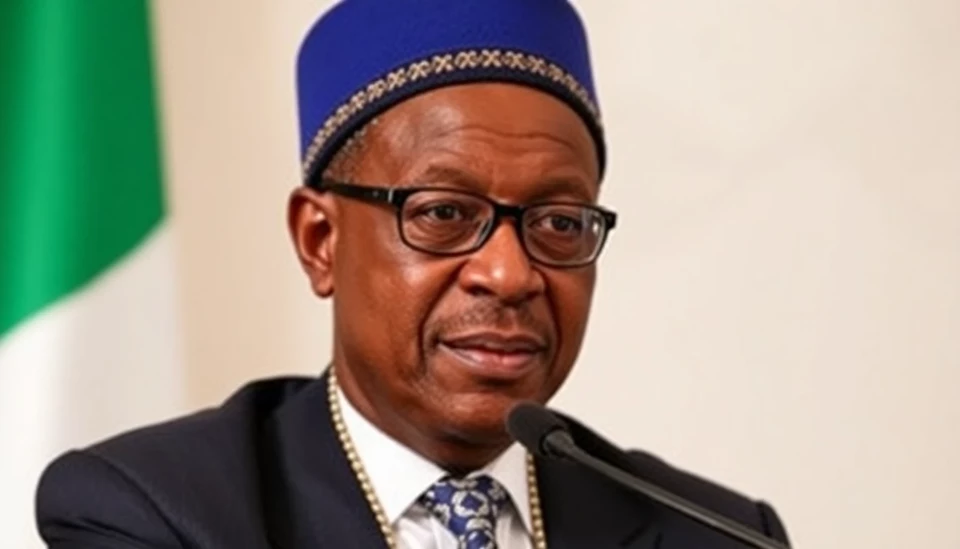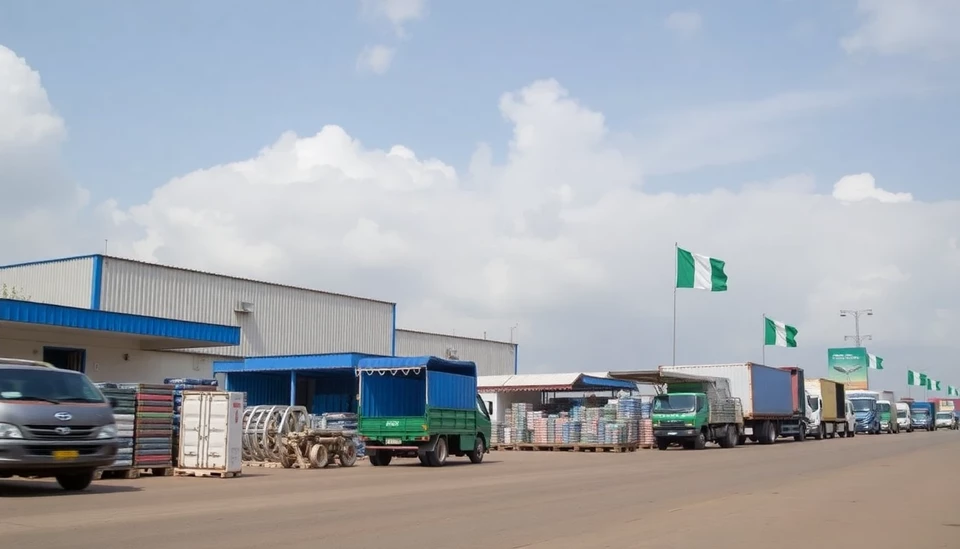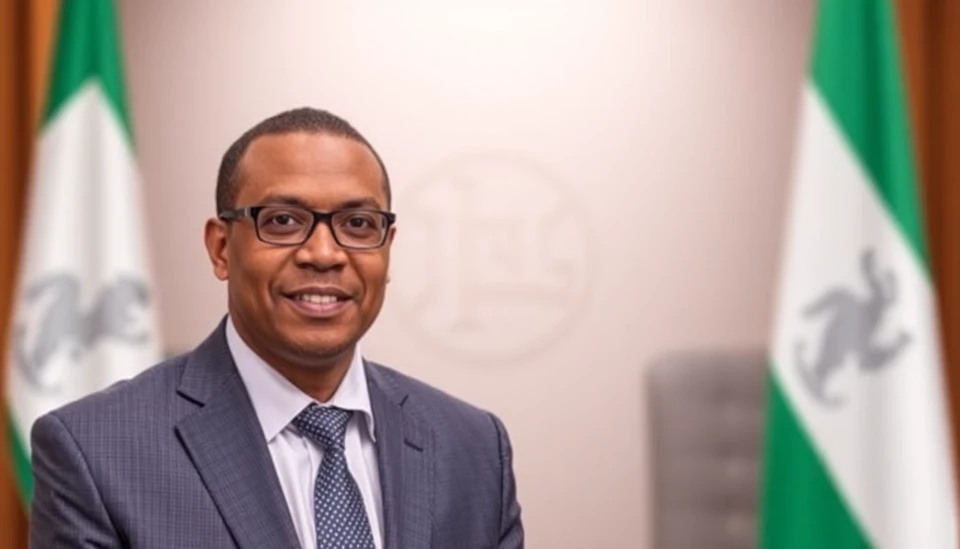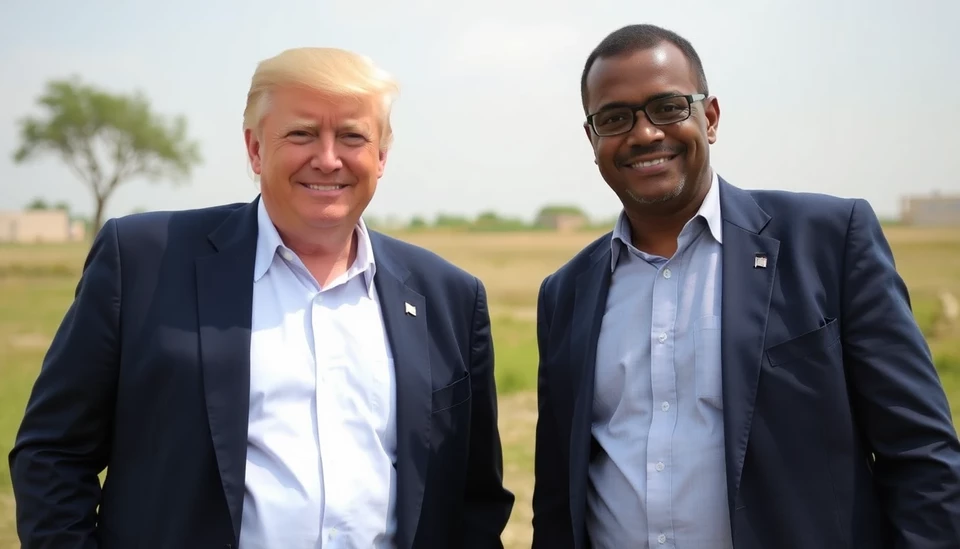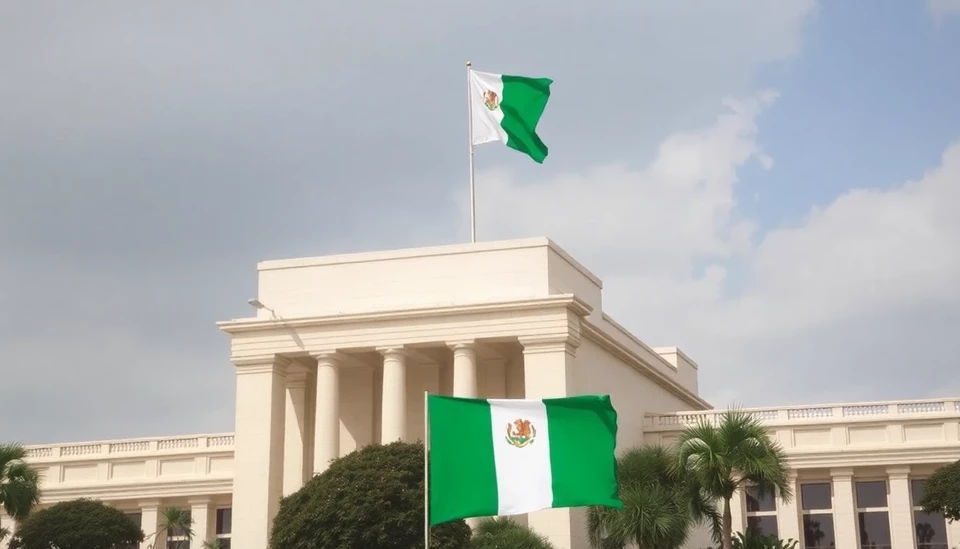
Nigeria's Central Bank has recently increased its benchmark interest rate by 50 basis points, now standing at an unprecedented 18.5%. This decision has sent ripples across financial markets and sparked a debate among analysts regarding the future trajectory of Nigeria's monetary policy. Speculations are growing that this move could signify the end of an extended period of stringent tightening.
The primary driver behind this rate hike is the alarming inflation rate, which has reached levels unseen in the past decade. Inflation in Nigeria skyrocketed to 24.1% in October, fueled by an array of factors including the recent removal of fuel subsidies and the surge in food prices alongside the weakening of the naira. Policymakers have found themselves caught in a difficult position, trying to balance the need to stabilize prices with the risk of stifling economic growth. This delicate balance has led to significant scrutiny of the Central Bank’s approach as they navigate these tumultuous economic waters.
Analysts from both local and international financial institutions have weighed in on the implications of this recent interest rate hike. Many believe that the rate increase may represent the last in a series of tightening measures that have been employed since May 2022. The prevalent view among these analysts is that the peak inflation point may have already been reached, prompting a potential shift towards a more accommodative monetary policy in the months to come.
Furthermore, recent signals from the Central Bank have hinted at a future focus on supporting economic growth rather than continued aggressive rate hikes. Some experts argue that while inflation still poses a significant challenge, any signs of moderation could lead to a pivot in policy aimed at revitalizing a sluggish economy. Growth prospects remain uncertain, particularly as the country grapples with a myriad of external pressures, including fluctuating oil prices and global economic conditions.
In addition to the monetary policy implications, the decision to raise interest rates reflects broader strategic considerations. The Central Bank has emphasized the importance of maintaining investor confidence and stability within the financial system. By tackling inflation decisively, the Bank aims to strengthen the naira and foster a more predictable economic environment.
The conversation around Nigeria's interest rate policy is further complicated by political factors. With elections on the horizon, the ruling government is under pressure to demonstrate progress in addressing key economic challenges. This political backdrop adds another layer of complexity to the Central Bank's decision-making, as they must navigate the expectations of both the electorate and the financial markets.
As we look ahead, the future of Nigeria's monetary policy appears to be transitioning. While the recent rate hike was a necessary step in the fight against inflation, many analysts are now looking towards a potential easing of rates, provided inflation shows signs of cooling. The focus may soon shift towards fostering growth, as the nation seeks to stabilize its economy in an increasingly unpredictable global landscape.
In conclusion, Nigeria is at a crossroads. The Central Bank's commitment to addressing inflation has led to significant rate increases, but the perceived end of tightening could open the door to a new focus on economic recovery. Analysts will undoubtedly be watching closely as the situation unfolds, seeking clarity in an environment ripe with both challenges and opportunities.
#Nigeria #InterestRates #MonetaryPolicy #Economy #Inflation #CentralBank #FinancialMarkets #EconomicGrowth #Naira
Author: Daniel Foster
